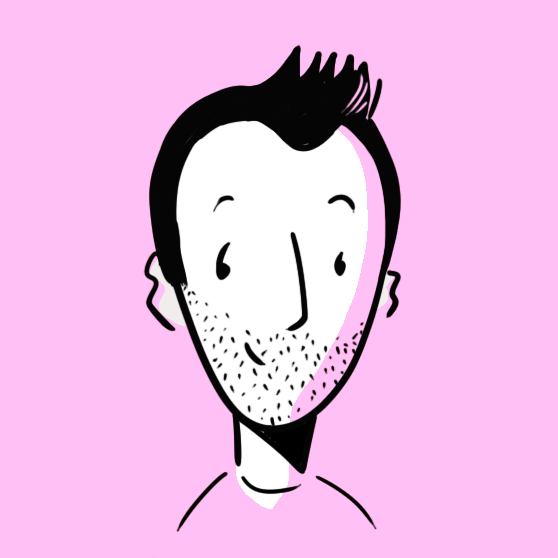Circus performers have two modes; practice and performance. In practice, they fall off the high-wire, they drop the flaming clubs, the animals don’t always listen. No one is there to watch, so it’s OK that these things happen. In fact, they’re supposed to happen in practice. That’s how they learn new tricks, train each other, get better.
In performance, there are fewer mistakes (sometimes none). The big-top is filled with wide-eyed families with handfuls of popcorn and soda who are expecting to get what they paid for: feats of strength, daring, and bravery, all executed to near perfection because of all the time and effort they know the performers went through, behind closed doors. The audience doesn’t need to see the practice, the performance tells them whether practice happened or not. In fact, what makes it feel magical is trying to imagine what sort of practice happened to make such a performance possible at all – the hours, the grinding, the grit – is all behind closed doors at a circus.
The two streams, practice and performance, are critical to any creative work, especially the work that feels like magic.
The algorithms, however, demand more performance every day. It’s what sells ads for them. If the circus master put on twice the number of shows this week, they’d sell twice the amount of popcorn and soda. Word will spread twice as fast, too. But there are only so many hours in a day. And if more time is spent performing, there’s less time available for practising. It’s likely that, over time, the show will get stale because the troop hasn’t got time to learn new things, to innovate, to train. Performing takes energy and focus, so the troop will likely get tired, make more mistakes. They’ll probably start to get bored, so they’ll try things they’ve never done before while everyone is watching. They’ll mess up – a lot. Eventually, the crowd who came to see the performance, not the practice, will be disappointed. There’s no magic anymore. Word will cease to spread, the popcorn and soda sales will slump. The circus may not even survive.
And so here I am, sitting alone in my studio practising, I think. I’m wondering whether the sketching I’m doing right now is for me, or ‘them’. I felt like sketching, I really did. But now this little doodle I’ve drawn is really great, and I’m *really* happy with it, it *could* be a performance piece. A quick snap of a photo, three taps, and it’s gone from practice to performance, just like that. Or, I could keep practising, in private. Now that I’ve found a thread like this sketch, I can pull on it and see what else it leads me. Follow the thought, in private, and maybe, after hours and hours of practice, it’ll make it into the performance in some way. Maybe it’ll make the performance feel more magical for everyone.
